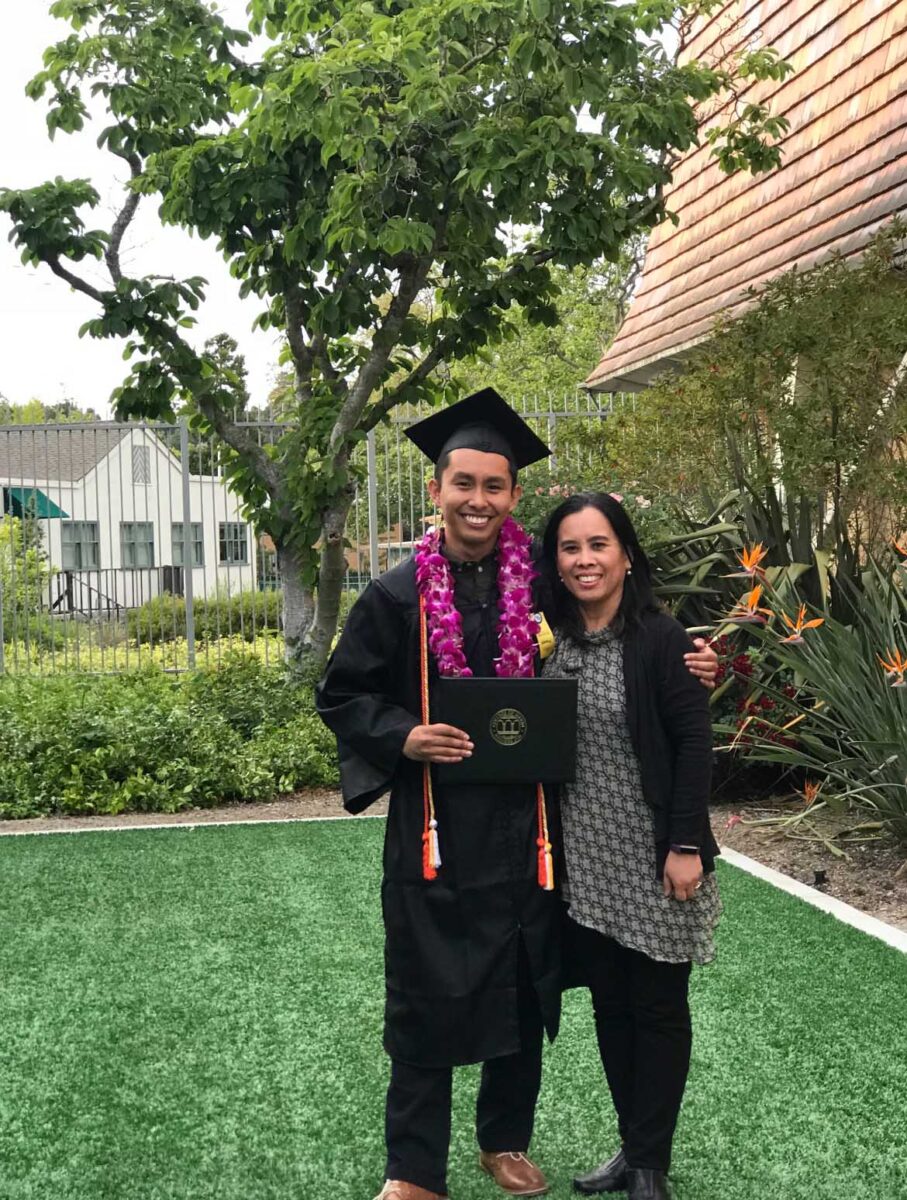In 2018, I received a rejection letter from my dream school, UC Berkeley. It was understandable. My GPA was well below their typical range, and my personal insight questions weren’t the most compelling. Still, I got into UC Davis and was content until my friends pushed me to appeal UC Berkeley’s decision. I spent most of June rewriting my appeal letter to show the admissions committee that my potential at UC Berkeley wouldn’t be wasted. After waiting weeks for my appeal decision, I finally received a confetti animation-filled acceptance letter from my dream school! Looking back, I realize that I hadn’t just set out to prove my worthiness to the admissions officers, but to myself as well.
College can be intimidating, but having people who believe in you and understand your struggles as a first gen or low-income student provides you with a sense of community that provides non-judgemental support, and really wishes you success. That’s why I felt so comfortable going to 10,000 Degrees as a student.
After graduating, my mom was relieved to not worry financially or about my future. It was amazing to see her excitement when I told her that my first job was with the organization that helped me through my educational journey.
Imposter syndrome is pervasive within the student populations we serve. With my own frequent experiences of imposter syndrome, my work as a Fellow really prioritizes the reassurance and support that my younger self needed while highlighting my students’ strengths. As a Fellow, I try to provide the support and reassurance that my younger self needed.
The students will always be the most inspiring aspect of working at 10,000 Degrees. In 2021, many of the students I supported were beginning their college journey when I was beginning my fellowship. Now, as a third-year Fellow, I have the unique opportunity of seeing many of my initial students achieve their academic and career goals.
Photo: Mark and his mom at his College of Marin graduation in 2018

